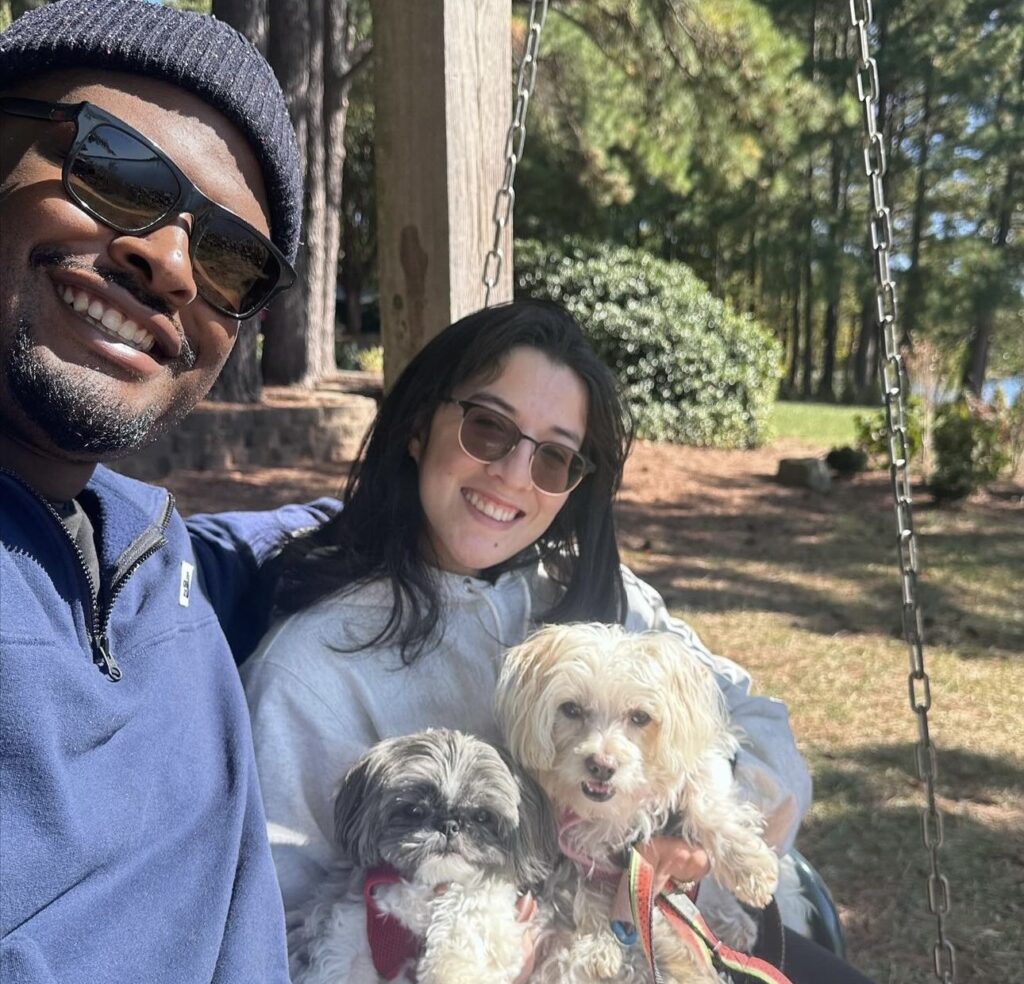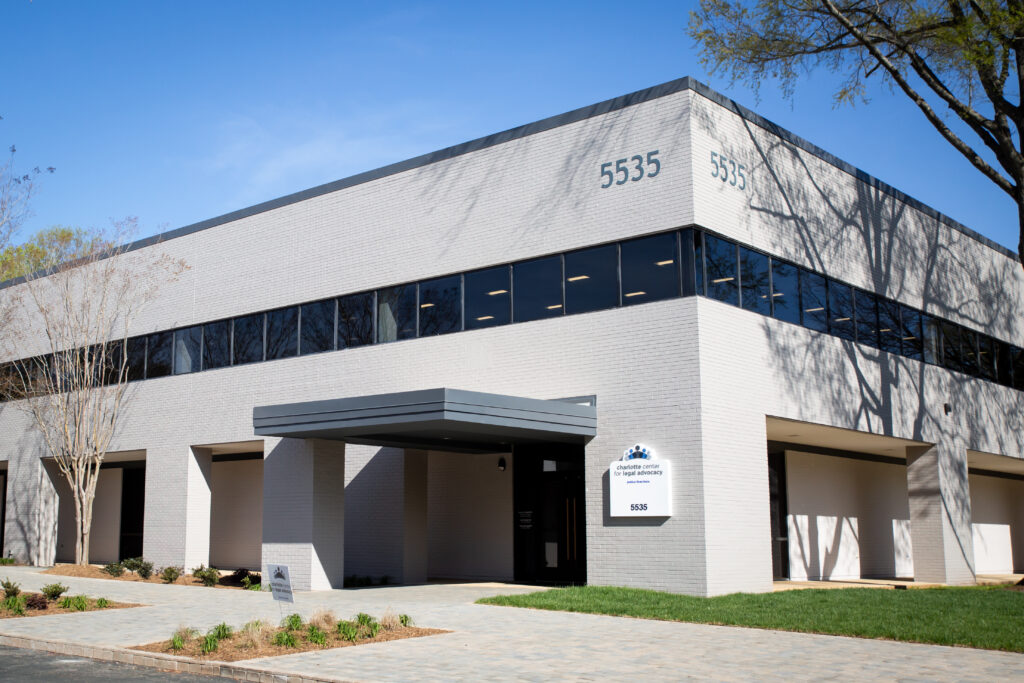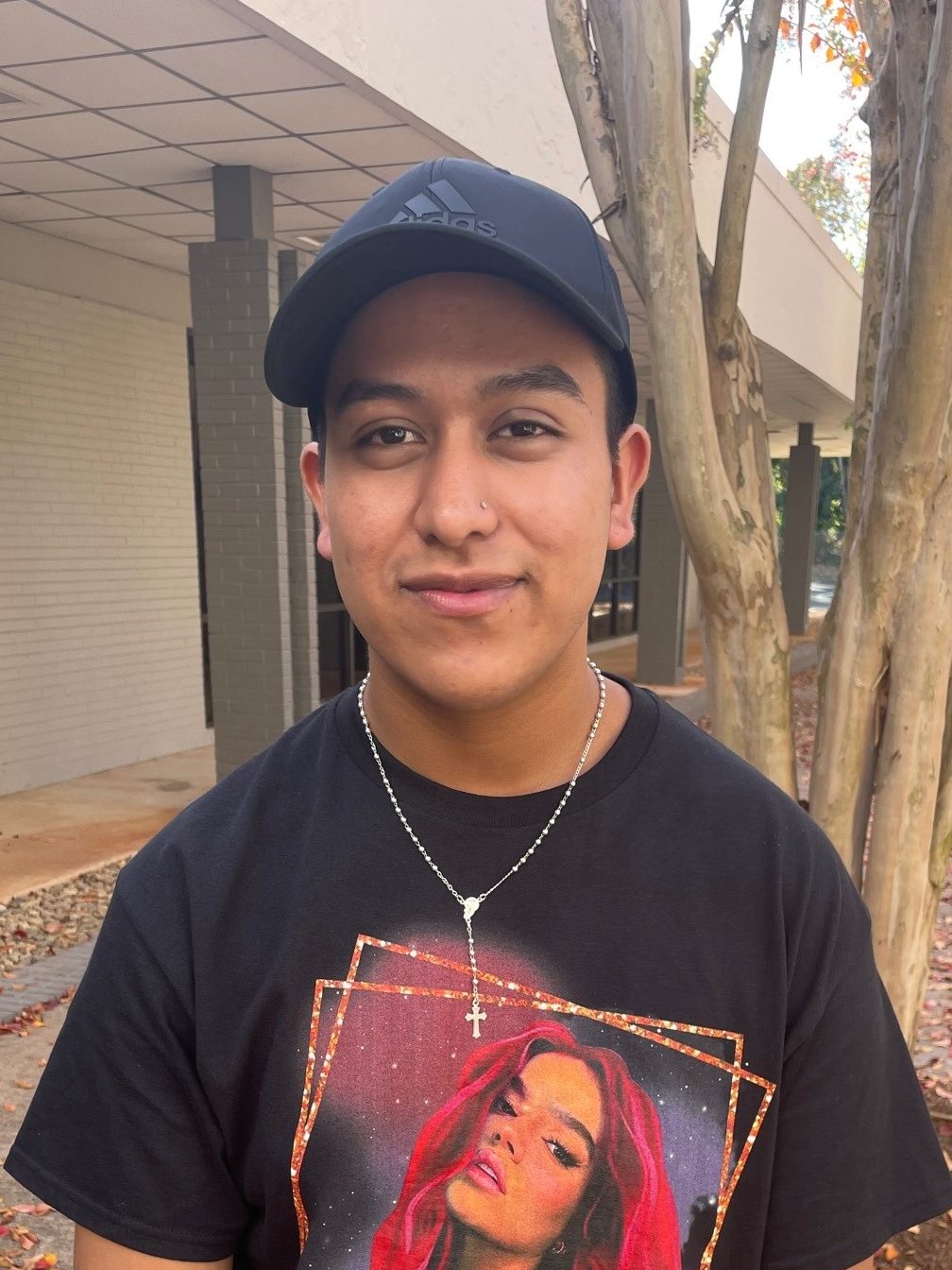Many people go through their schooling years with the intention of going to college. Obviously, you have to work hard and get good grades. But what if you do that and then find out during your junior year of high school that you are not eligible?
That is what happened to Jasmin. See, Jasmin moved with her parents and sisters to the United States with a Visa when she was three years old. She grew up in Los Angeles and never thought she was very different from the classmates she grew up with.
So, with a college aspiration ingrained in her, what now?
Jasmin worked with a nonprofit legal organization in Los Angeles to receive her Deferred Action for Childhood Arrivals (DACA) status, which allowed her to apply to and attend college.
Jasmin was excited to be accepted (and received a full ride scholarship) to the University of California, Irvine, where she double majored in film/media studies and educational science. During summer school, Jasmin met her future husband Adonijah. After graduation from UC Irvine, they both found jobs in the mortgage industry.
Once 2020 happened, they were both working remotely and living in a small apartment across from Disneyland (and tolerating the nightly fireworks). They got engaged (he proposed on the beach with their dog Barbie) and they decided they wanted to start their married journey together in a new city. They chose Charlotte because it was an affordable up-and-coming city, and they were both able to transfer their jobs here.
They got married and then moved across the country, to Charlotte, in 2021.
They talked about getting Jasmin’s DACA renewed. Jasmin talked to three different lawyers in Charlotte, and they were all very expensive, even though it was an easy case because she did not have a criminal background. Adonijah had just lost his job and they couldn’t afford the legal fees to renew the DACA, so Jasmin’s mom suggested looking for a nonprofit legal organization like the one she used in California. Jasmin found the Advocacy Center and talked to Ruth Santana.
“Ruth was super helpful, thorough, quick and easy to work with” in helping Jasmin get her DACA renewal.
Jasmin soon decided to get an adjustment of status so she could visit her extended family in Juarez, Mexico. (Without the adjustment in status, she was only technically allowed to visit those family members if they were very sick or to attend a funeral.)
Jasmin called Ruth, and they determined that she met the qualifications to move forward with an adjustment in status petition. To do so, Jasmin had to prove her marriage was real. Besides completing the paperwork, she provided 230 dated pictures with her husband, along with proof of two apartments and one house with both of their names listed. Jasmin’s best friend and sister both wrote letters of support, and Jasmin and Adonijah each wrote letters about how they met and why they got married. (They wrote these separately and then enjoyed reading these together later!)
The entire process to apply for both the residency application and the petition together and then receive approval was seven months. Jasmin received her green card in early April and celebrated her citizenship with her family.
Jasmin currently works in human resources for an affordable housing development company. Jasmin and Adonijah own a house in Charlotte, and they are enjoying life here with their two dogs.
Jasmin shared, “Many people feel intimidated when reaching out for assistance or engaging in conversation about their immigration status. The Advocacy Center, however, exudes an atmosphere of warmth and approachability that instantly puts one at ease. My encounters with the Advocacy Center have consistently been positive, providing me with a seamless and reassuring experience. I had nothing but a great experience with everyone at the Advocacy Center; it was a smooth ride.”



